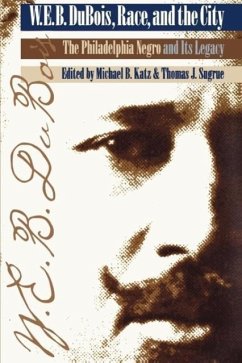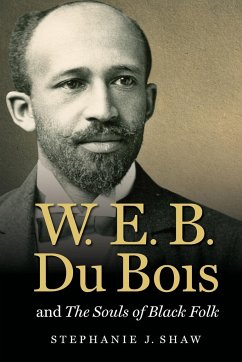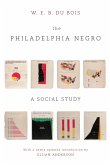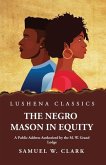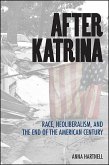"There is unanimity among these historians and sociologists in ascribing seminal importance to The Philadelphia Negro."--David Levering Lewis, Journal of American History "A splendid collection of essays."--Times Literary Supplement In 1896 W. E. B. Du Bois began research that resulted three years later in the publication of his great classic of urban sociology and history, The Philadelphia Negro. Today, a group of the nation's leading historians and sociologists celebrate the centenary of his project through a reappraisal of his book. Motivated by Du Bois's deeply humane vision of racial equality, the contributors draw on ethnography, intellectual and social history, and statistical analysis to situate Du Bois and his pioneering study in the intellectual milieu of the late nineteenth century, consider his contributions to the subsequent social scientific and historical studies of the city, and assess the contemporary meaning of his work. Together these essays show that The Philadelphia Negro remains as vital and relevant a book at the end of the twentieth century as it was at the start. Contributors include Elijah Anderson, Mia Bay, V. P. Franklin, Robert Gregg, Thomas C. Holt, Tera W. Hunter, Jacqueline Jones, Antonio McDaniel, and Carl Husemoller Nightingale. "This book not only reassesses the role of W. E. B. Du Bois as a public intellectual but reappraises the impact of his seminal study on interpretations of the twentieth-century African-American experience. . . . It offers an interdisciplinary critique that will shape scholarship in the twenty-first century."--Joe W. Trotter, Mellon Bank Professor of History, Carnegie Mellon University

